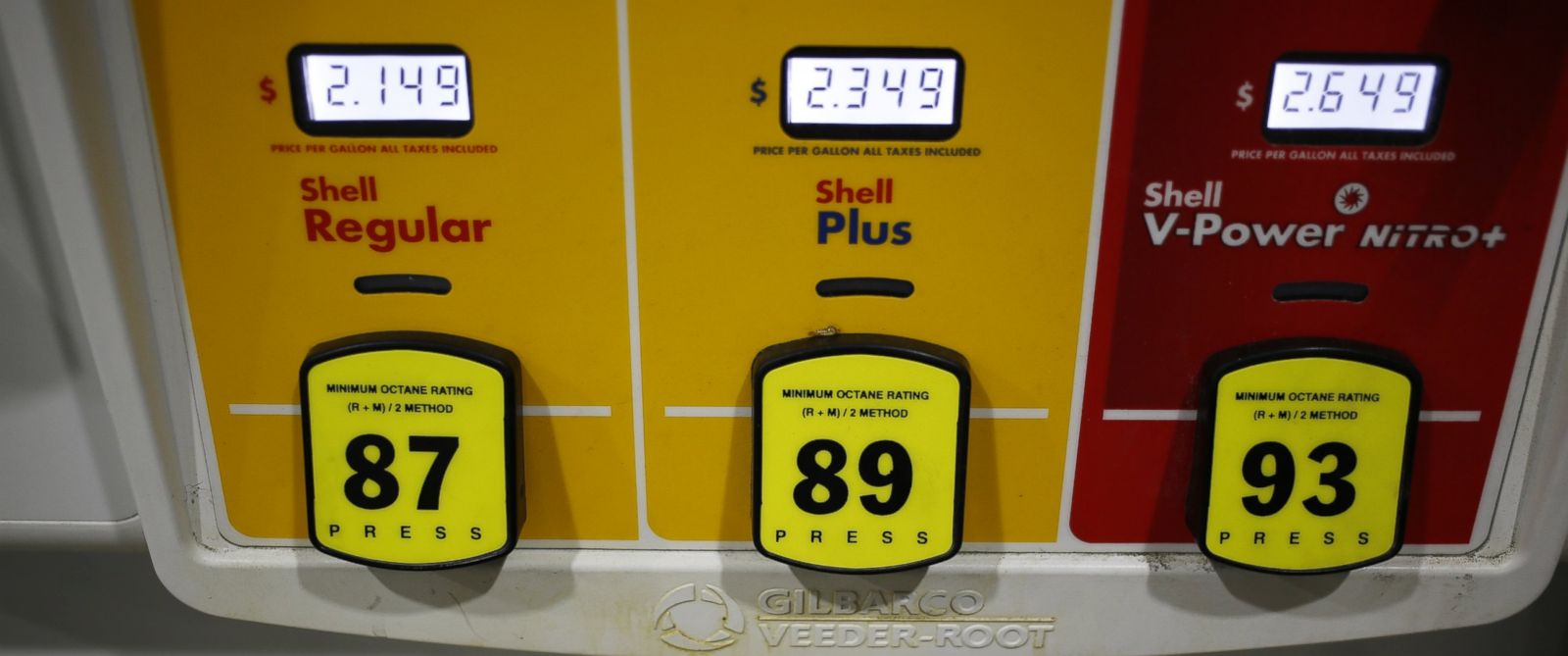
American drivers wasted more than $2.1 billion in the last year by using premium-grade gasoline in cars that don’t need it, according to research by AAA.
About 16.5 million drivers rely on premium fuel even when manufacturers don't recommend it, the new AAA study showed. The group, in partnership with the Automobile Club of Southern California’s Automotive Research Center, has attempted to use the findings to urge drivers to follow the owner’s manual recommendations for their vehicle’s fuel.
"Drivers see the ‘premium’ name at the pump and may assume the fuel is better for their vehicle," John Nielsen, AAA’s managing director of Automotive Engineering and Repair, said in a statement.
Premium gasoline designates higher octane gasoline and does not necessarily mean "higher quality," Nielsen added.
AAA said it found "no benefit to using premium gasoline in a vehicle that only requires regular-grade fuel," and the practice doesn’t always benefit consumers. The group used industry-standard test protocols designed to evaluate vehicle performance, fuel economy and emissions to produce the findings.
Specifically, AAA tested so-called "regular" and "premium" gasoline in vehicles equipped with a V-8, V-6 or I4 engine designed to operate on regular-grade fuel. To evaluate the effects of using a higher-octane fuel even when the manufacturer doesn’t specify it is needed, each vehicle was tested on a what is called a dynamometer, which is basically a treadmill for cars that is designed to measure horsepower, fuel economy and tailpipe emissions.
The cars were tested using both fuel types and variety of driving conditions and those conducting the study found "no significant increases in any tested category," which meant the practice of using premium gasoline when it’s not required for the vehicle “offers no advantage,” according to AAA.
"When it comes to gasoline, ‘premium’ does not mean ‘better’ if your vehicle doesn’t require it," Nielsen said.

